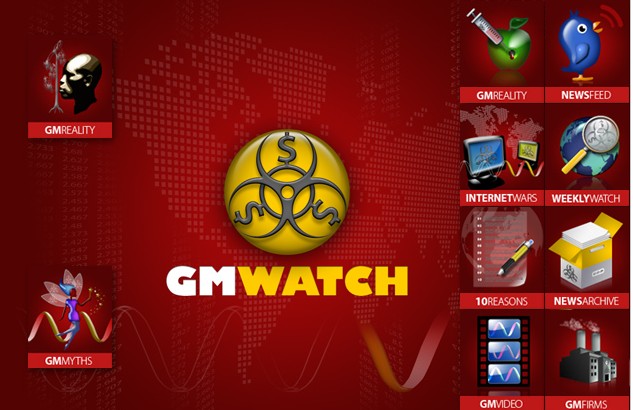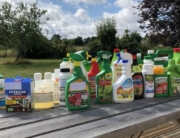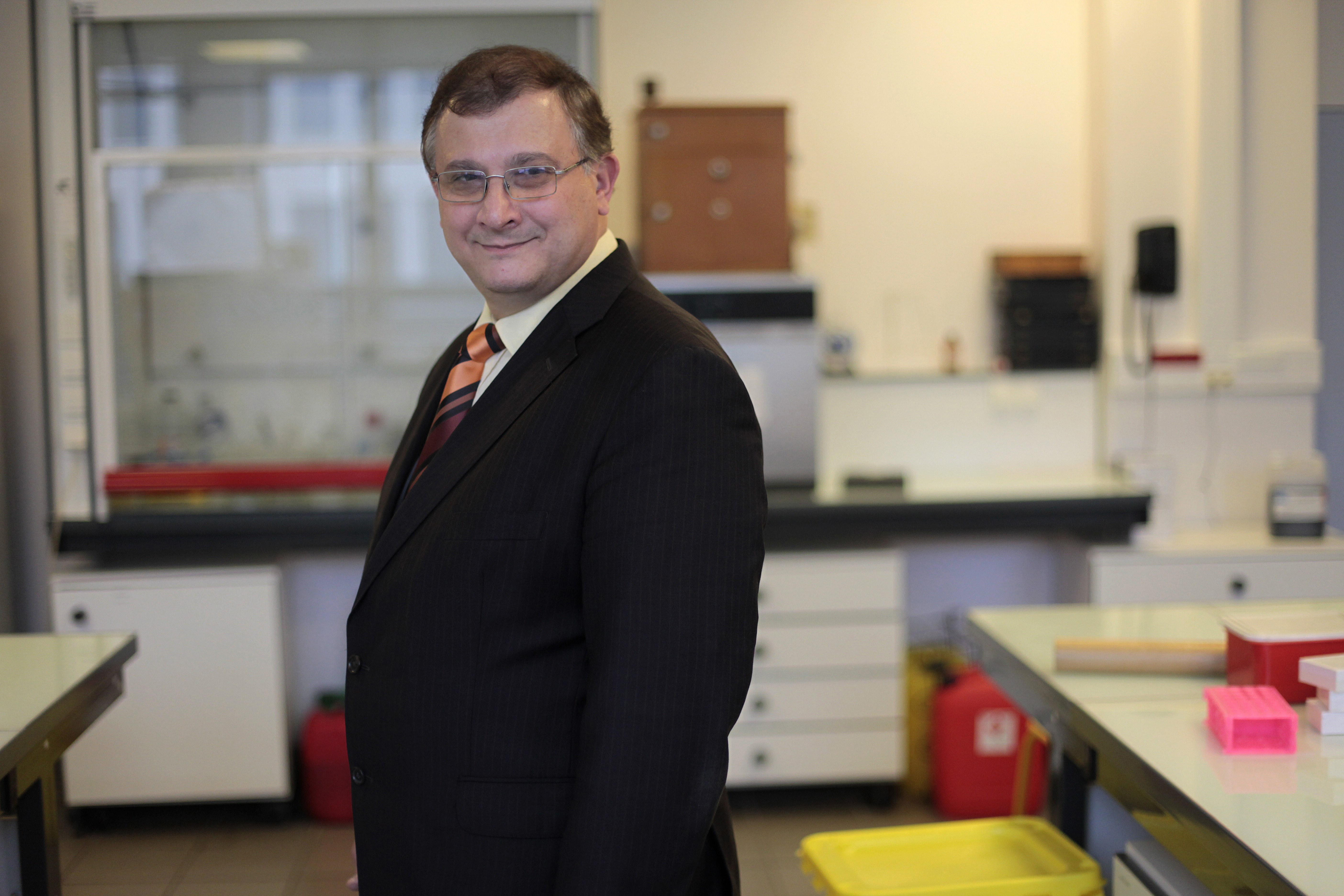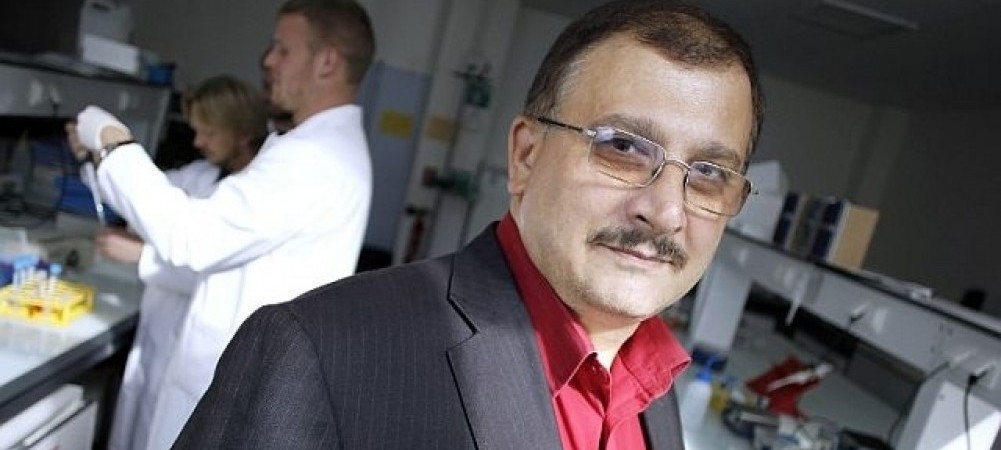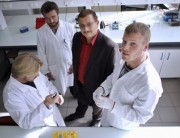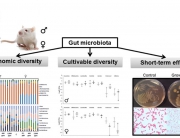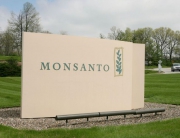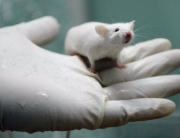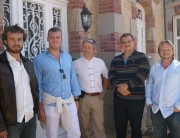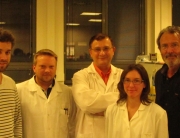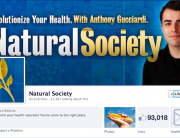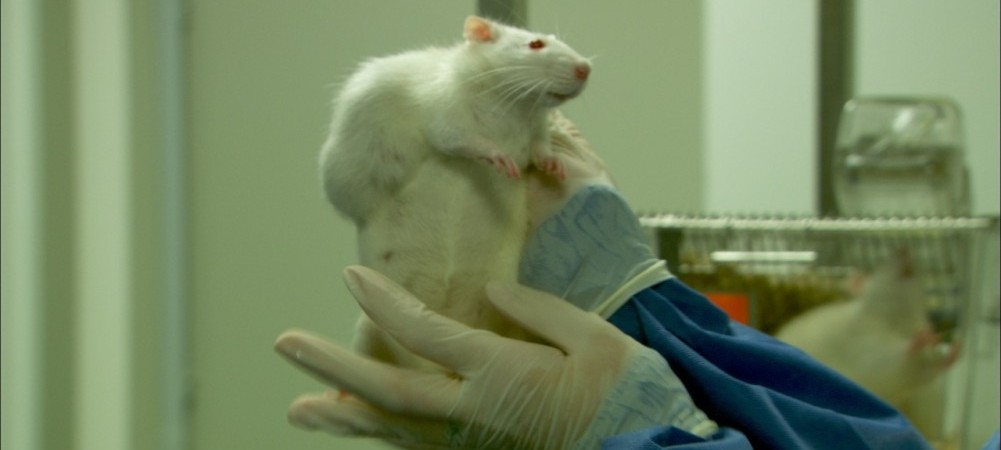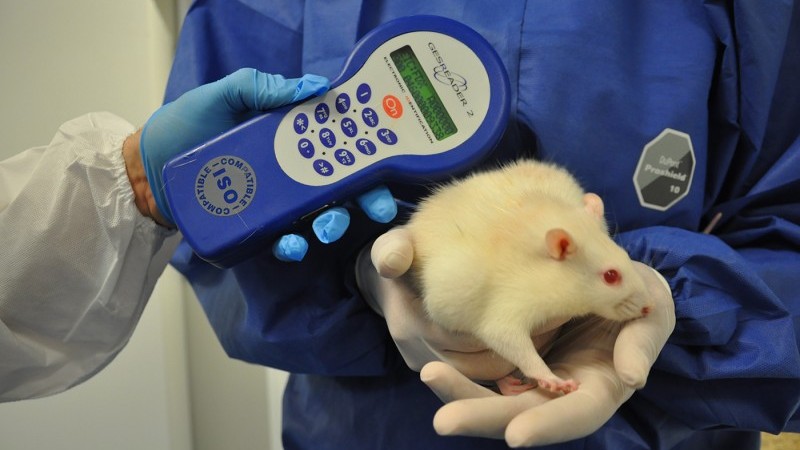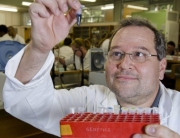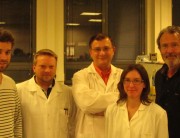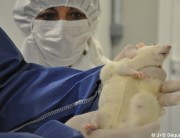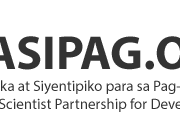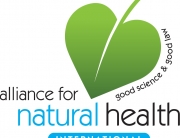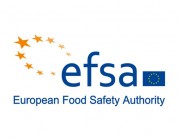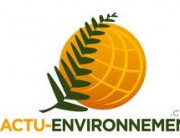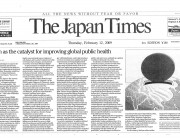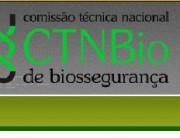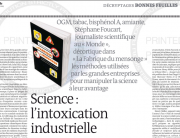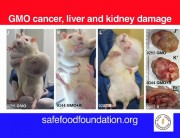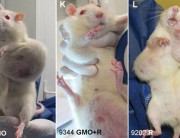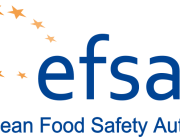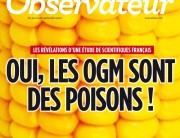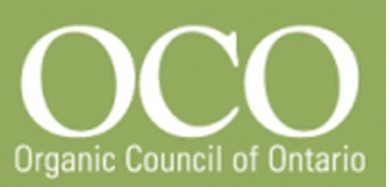By Professor Dominique Belpomme (Professor Emeritus of Oncology at the University Paris-Descartes, ARTAC President, Executive Director ECERI – EUROPEAN CANCER AND ENVIRONMENT RESEARCH INSTITUTE)
I have been asked to give a scientific opinion on the recent paper by Gilles-Eric Séralini published in September in the peer reviewed journal Food and Chemical Toxicology.
Having read this paper carefully, it is in strict scientific terms that I respond to this request.
The work is a weighty experiment involving 200 rats (100 females and 100 males) followed over two years. The study is equally ambitious, given the 10 study groups divided according to the presence or absence and dose of GMOs and Roundup, which explains the low numbers in each group.
Moreover, as clearly indicated in the article, the methodological criticisms leveled at this study would apply in far greater numbers and in a more important way to the studies underlying the market authorisation of GMOs and pesticides. Thus most of these criticisms can only backfire on those who make them, since in invoking science, they forget the extreme weakness of the studies carried out in support of the market authorisation of such products.
If we think Séralini’s study has some methodological weaknesses, especially in the choice of subject (Sprague-Dawley rats are already prone to many tumors spontaneously) and the lack of statistical analysis in the first part of the study, it is still the case that the observations are particularly interesting. At least they raise doubts about the safety of the GMO used – the NKG03 corn tolerant to Roundup – and about Roundup itself.
I know enough about Séralini to know that he is a researcher of integrity. In addition, there should be a discussion about the scientific value of this work, in particular from the point of view of the mechanisms of carcinogenesis, among the community of researchers in this field and it must be done not in the public square, through institutions actually not expert in this field and who clearly act without saying so under economic pressures and/or in collusion with political authorities. The message of particular academies or agencies, on this very special topic, is unscientific.
The controversy today, fomented by lobbies with economic and financial interests and aggravated by the representatives of these agencies and academies who boast that they are the “real” scientists in the country, is unacceptable. Besides, this is not the first time that such agencies or academies have been wrong. The history of asbestos is still alive in the memory of our people, in the collective consciousness of our society, to remind us of the societal evils of such claims taken under pressure and without a real scientific basis. By contrast note the acceptance of the study by the ad hoc committee of the scientific journal Food and Chemical Toxicology.
It would also be largely detrimental to science and its independence if this paper, under pressure from lobbying, is retracted by the journal which accepted it on 2 August 2012. In fact, I do not think it can be done, because if it did, the journal in question would lose scientific credibility.
As shown by the scientific references cited in the paper, Séralini is not the only researcher to question the safety of GMOs and pesticides, particularly Roundup. Thanks to the doubt that he has created, this paper will be of immense interest and will encourage research teams around the world – including that of Séralini – to continue the work on this topic and not to accept as scientifically established the safety of these two types of products. Scientific research for those who actually do it is a long and often thorny path, but sometimes it bring rewards. Séralini took the first step. But as was the case with asbestos, there will be much more to follow and very soon.
NOTE: In the article French cancer specialist Prof. Dominique Belpomme, who heads the European Cancer and Environment Research Institute, expresses his confidence in the Seralini study. This is our rough translation of his article. The French original can be found here:http://www.artac.info/fic_bdd/pdf_fr_fichier/nap42_13510811380.pdf
Prof. Belpomme refers in his article to what happened in the case of asbestos. As previously noted, in that case the French Academy of Medicine issued a report in 1996 supporting the safety of asbestos, even though asbestos had by then been classified as a human carcinogen by the International Agency for Research on Cancer for nearly a decade. A year later the French government moved to ban it permanently.
http://www.gmwatch.org/index.php?option=com_content&view=article&id=14362
Prof. Belpomme is not the only cancer specialist to speak out in support of Séralini’s study. Mustafa Djamgoz, professor of cancer biology at Imperial College, London, has also said Séralini’s findings are “significant. The experiments are, more or less, the best of their kind to date.” He has called for them to be repeated with more animals by independent laboratories to confirm the outcome. “We are not scaremongering here. More research, including a repetition of this particular study are warranted.”
http://www.gmwatch.org/component/content/article/14234
In the article Prof. Belpomme does express reservations about Séralini’s use of a type of rat naturally prone to tumours. But as we have previously noted, the Sprague-Dawley rat is the standard for Monsanto’s 90-day tests on GMOs and for industry and independent 2-year chronic toxicity and carcinogenicity tests on chemicals. Also, the “spontaneous” rate of tumours does not matter in a controlled experiment – what matters is the increase in tumours in treatment groups. In Séralini’s study, all treatments (both with the GM maize and/or with Roundup) in both sexes increased large tumour incidence by 2–3-fold in comparison to controls.
Source GMWatch





